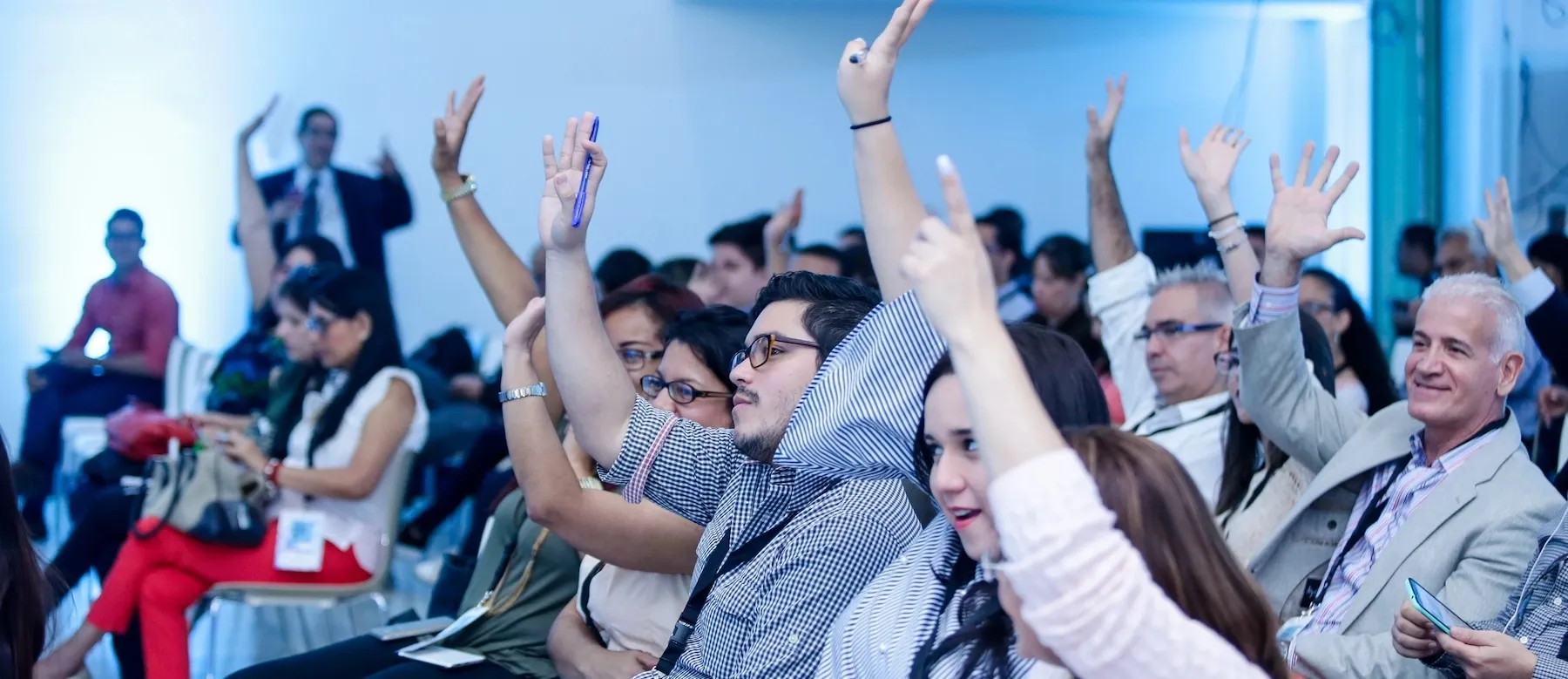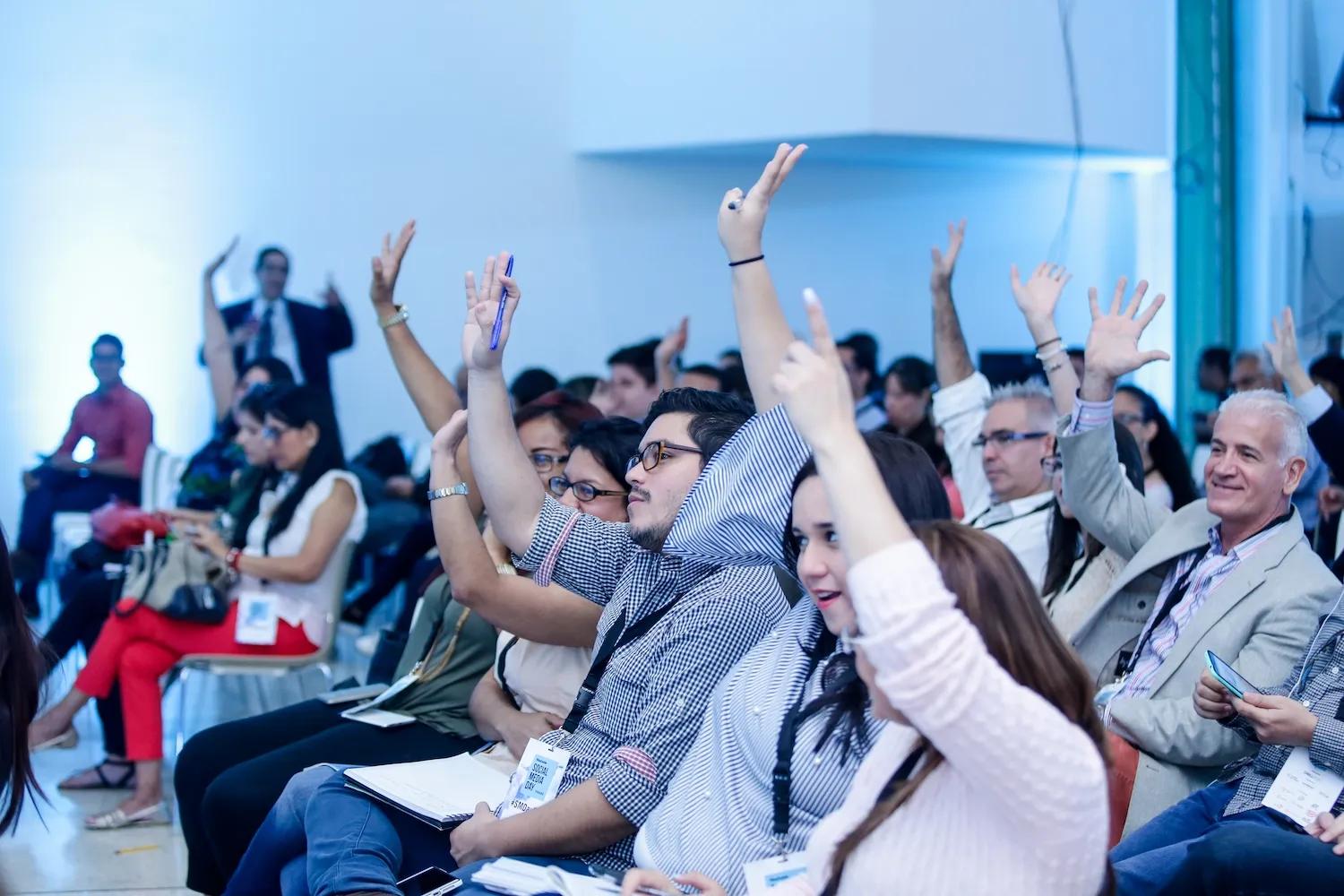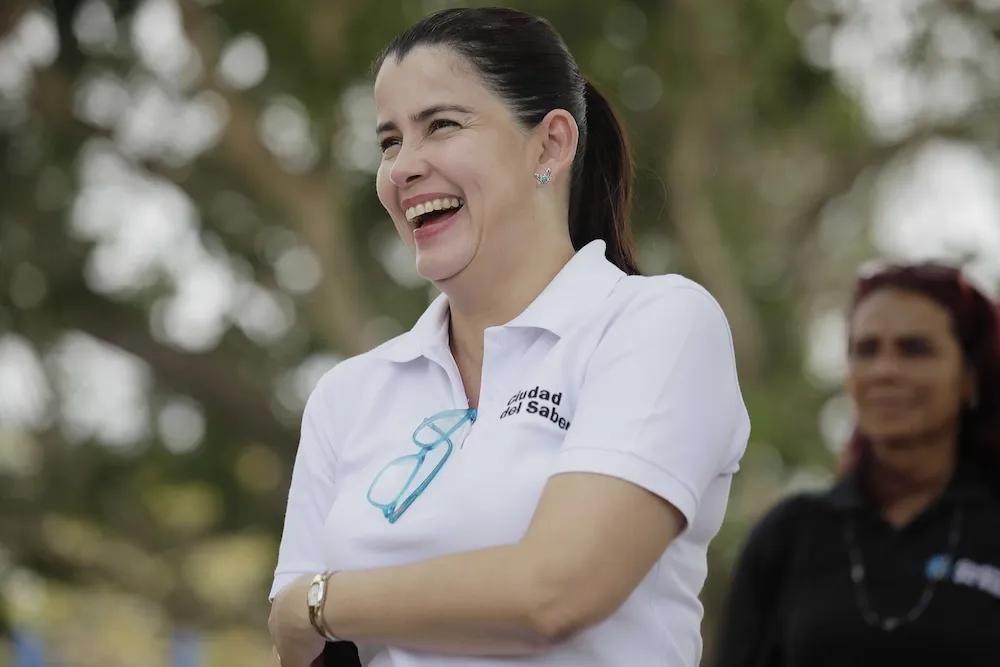
Oportunidades de la comunidad: Convocatorias
Explora oportunidades únicas de convocatorias
En este listado encontrarás convocatorias de las diferentes organizaciones que forman parte de Ciudad del Saber.
La Fundación Ciudad del Saber no asume ninguna responsabilidad sobre las oportunidades ofrecidas por estas organizaciones.

